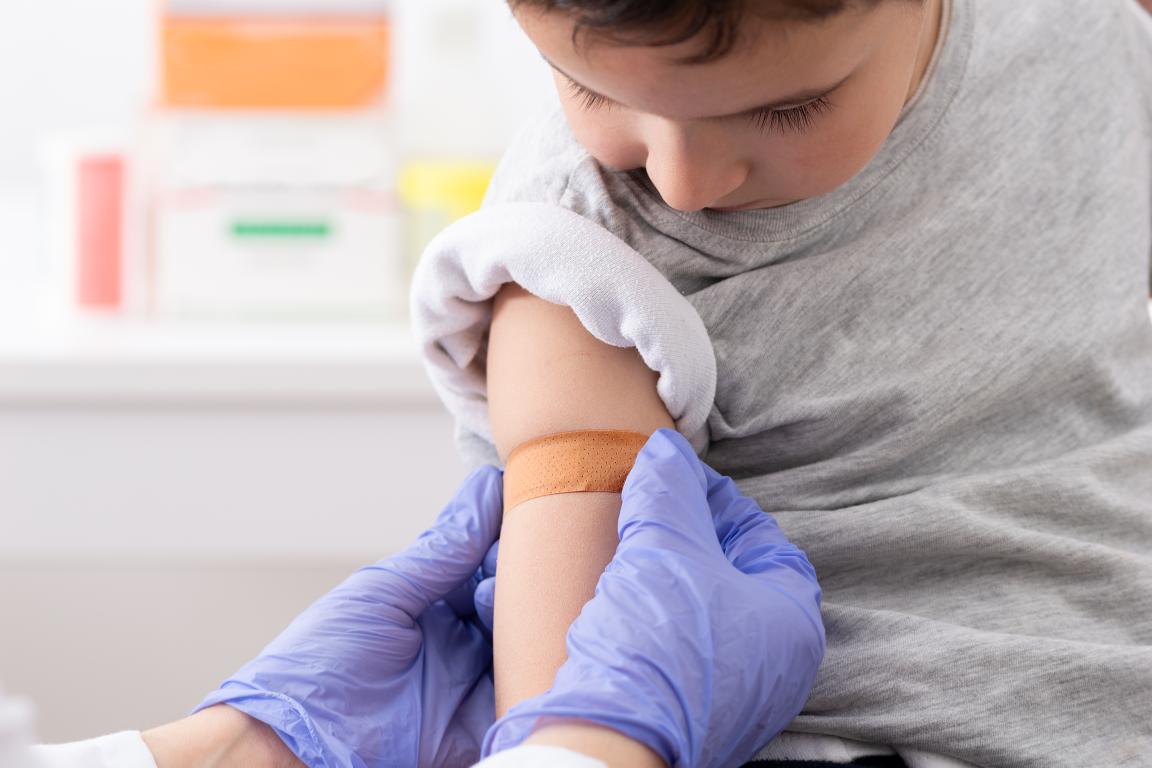[Test] Infectious Respiratory Diseases

Respiratory infections affect your lungs, throat and airways. They’re caused by germs like viruses and bacteria that spread easily when people cough, sneeze, talk or laugh.
Others can get sick by breathing in those germs or touching their face afterward.
The good news: You can take simple steps to stay healthy and stop germs from spreading.
Seasonal Respiratory Virus Hub
Stay informed during cold and flu season
Each year, respiratory viruses like COVID-19, flu and RSV spread more easily in fall and winter. Visit our seasonal virus hub to find current guidance, vaccine information and tips to protect yourself and your family.
Visit the Seasonal Respiratory Virus Hub
NC Respiratory Virus Dashboards - Tracking and understanding the spread of COVID-19, flu, RSV and measles
Explore Respiratory Diseases
Learn about illnesses that affect the respiratory system:
Several less common infectious diseases that might cause respiratory illness are animal-borne (zoonotic).
These include:
Stop the Spread of Illness
Small actions make a big difference. Protect yourself and others by building these healthy habits into your daily routine:
- Wash your hands often with soap and water, or use hand sanitizer if soap isn’t available.
- Stay home when you’re sick and avoid close contact with others.
- Cover coughs and sneezes with your elbow or a tissue, not your hands.
- Get vaccinated against preventable diseases like flu, measles, mumps and whooping cough.
- Give people space and wear a mask if you’re not feeling well.
Some germs, like those that cause Legionnaires’ disease, spread through water or air systems instead of person to person. These need special cleaning and ventilation systems to control.
Vaccines Protect You and Your Family

Stay healthy. Stay protected.
Vaccines prevent many serious respiratory diseases and help keep communities strong. Learn more about:
- Vaccine schedules for all ages
- Vaccine-preventable diseases
- Resources for parents, adults and older adults
